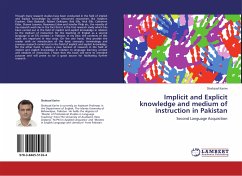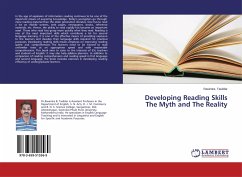The book is a critique of what in most linguistic and pragmatic theories is treated as explicit (as against implicit) communication. The critique is from the perspective of Burton-Robert s Representational Hypothesis. Two conflicting theories of the explicit-implicit distinction are discussed and found inadequate. These are Grice s theory of conversation and Sperber and Wilson s Relevance Theory. It is argued that neither Grice nor relevance theory succeeds in showing that an explicit-implicit distinction is empirically defensible or theoretically sustainable. It is argued that the very notion of explicit communication rests on conventional assumptions inherited from generative linguistic theory, particularly Chomskyan linguistic theory. The Representational Hypothesis is presented as an alternative. An account of meaning, which follows from the Representational Hypothesis, is defended. By way of illustration, the book then draws together a range of issues, problems, and questions arising within the generative paradigm. These are approached through the problems of nonsentential speech and ellipsis.








